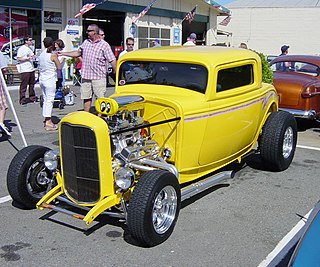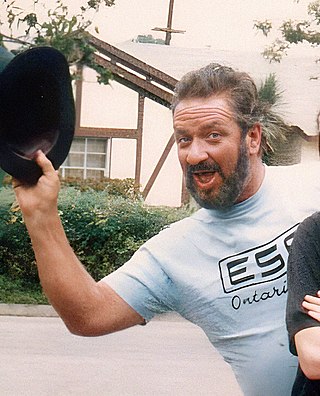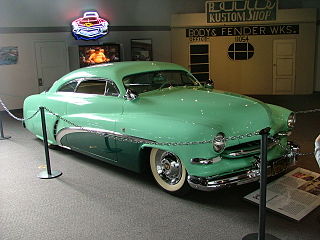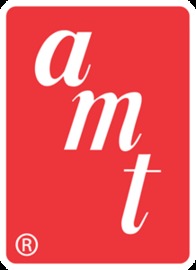
The Chevrolet Corvair is a rear-engined, air-cooled compact car manufactured by Chevrolet in two generations between 1960–1969. A response to the Volkswagen Beetle, it was produced in 4-door sedan, 2-door coupe, convertible, 4-door station wagon, passenger van, commercial van, and pickup truck body styles in its first generation (1960–1964), and as a 2-door coupe, convertible or 4-door hardtop in its second (1965–1969). Total production was approximately 1.8 million vehicles from 1960 until 1969.

Hot rods are typically American cars that might be old, classic, or modern and that have been rebuilt or modified with large engines optimized for speed and acceleration. One definition is: "a car that's been stripped down, souped up and made to go much faster." However, there is no definition of the term that is universally accepted and the term is attached to a wide range of vehicles. Most often they are individually designed and constructed using components from many makes of old or new cars, and are most prevalent in the United States and Canada. Many are intended for exhibition rather than for racing or everyday driving.

George Barris was an American designer and builder of Hollywood custom cars. Barris designed and built the Hirohata Merc. Barris's company, Barris Kustom Industries, designed and built the Munster Koach and DRAG-U-LA for The Munsters; and the 1966 Batmobile for the Batman TV series and film.

Ed "Big Daddy" Roth was an American artist, cartoonist, illustrator, pinstriper and custom car designer and builder who created the hot rod icon Rat Fink and other characters. Roth was a key figure in Southern California's Kustom Kulture and hot rod movement of the late 1950s and 1960s.

The Chevrolet Turbo-Air 6 is a flat-six air-cooled automobile engine developed by General Motors (GM) in the late 1950s for use in the rear-engined Chevrolet Corvair of the 1960s. It was used in the entire Corvair line, as well as a wide variety of other applications.

A custom car is a passenger vehicle that has been altered to either improve its performance, change its aesthetics, or a combination of both. Some automotive enthusiasts in the United States want to push "styling and performance a step beyond the showroom floor - to truly craft an automobile of one's own." A custom car in British according to Collins English Dictionary is built to the buyer's own specifications.

The Detroit Autorama, also known as America's Greatest Hot Rod Show, is a showcase of custom cars and hot rods held each year at Huntington Place in Detroit, Michigan, in either late February or early March.

Aluminum Model Toys (AMT) is an American brand of scale model vehicles. The former manufacturing company was founded in Troy, Michigan, in 1948 by West Gallogly Sr. AMT became known for producing 1:25 scale plastic automobile dealer promotional model cars and friction motor models, and pioneered the annual 3-in-1 model kit buildable in stock, custom, or hot-rod versions. The company made a two-way deal in 1966 with Desilu Productions to produce a line of Star Trek models and to produce a 3/4 scale exterior and interior filming set of the Galileo shuttlecraft. It was also known for producing model trucks and movie and TV vehicles.

Kustoms are modified cars from the 1930s to the early 1960s, done in the customizing styles of that time period. The usage of a "K" for "Kustom" rather than a "C", is believed to have originated with George Barris.
Dick Dean, born Richard Dean Sawitskas [Sa-WITS-kas], was an American automobile designer and builder of custom cars. Father of Keith Dean.

The Hirohata Merc is a 1950s lead sled custom car, often called "the most famous custom of the classic era". Setting a style and an attitude, it had a "momentous effect" on custom car builders, appeared in several magazines at the time and has reappeared numerous times since, earning an honorable mention on Rod & Custom's "Twenty Best of All Time" list in 1991. The impact may be measured by the fact that, after more than fifty years and numerous owners, it is still known as "the Hirohata Merc".

The Deora is a 1965 Dodge A100 pickup truck that was heavily customized by Mike and Larry Alexander in Detroit for the 1967 Detroit Autorama. Harry Bentley Bradley designed the Deora and helped with the build process. After winning many awards, including the Ridler in 1967, it became the prototype for a Hot Wheels car, and plastic model kit. It was sold at auction in 2009 for US$324,500.

Troy Ladd is an American designer and builder of custom cars and hot rods from Burbank, CA known for building traditional styled vehicles. After obtaining a Bachelor's degree in Business from Vanguard University, Troy formulated a business plan for Hollywood Hot Rods, taking into account location, size of the building and equipment. In 2002 Headquarters for Hollywood Hot Rods were set up in Burbank, CA. Industry magazines took notice of the cars being built at Hollywood Hot Rods and titles such as Street Rodder Magazine, Hot Rod Magazine and Rod & Custom were responsible for getting the word out about Troy Ladd’s shop.

Michael "Blackie" Gejeian was an American race car driver, race car builder, and hot rod enthusiast. Considered an "Industry Legend", Gejeian was the organizer of the Autorama, one of the largest custom car shows in North America, held annually in Fresno, California.

Polynesian is a customized 1950 Oldsmobile Holiday 88 built by Neil Emory and Clayton Jensen at Valley Custom Shop. It was built at the request of original owner Jack Stewart in 1952.
William Chandler Hines, also known as "The Leadslinger", was an American custom car builder.
Bill Cushenbery was an American car customizer, show car builder, and model kit designer. Cushenbery was a major influence on the look of custom cars and the customizing industry in general. In addition to building his own designs, he is noted for having helped George Barris create the Batmobile car featured in the 1966–1968 Batman television series.
Silhouette was an award-winning show car built by Bill Cushenbery in 1962. It debuted at the 1963 Oakland Roadster Show.

The Reactor is a custom car built by Gene Winfield. The low slung car featured height adjustable suspension, front wheel drive, and a powerful engine, and appeared in episodes of four TV series: Bewitched, Star Trek, Batman, and Mission: Impossible.

Gerald Douglas "Bo" Huff was an American custom car designer and an influential figure in the American Kustom Kulture and hot rod movement. He was known as the "Rockabilly King" in the American custom car scene for his promotion of Kustom Kulture lifestyle, rat rods, and custom cars, and was identified as one of the top 20th and early 21st century American custom car designers.

























